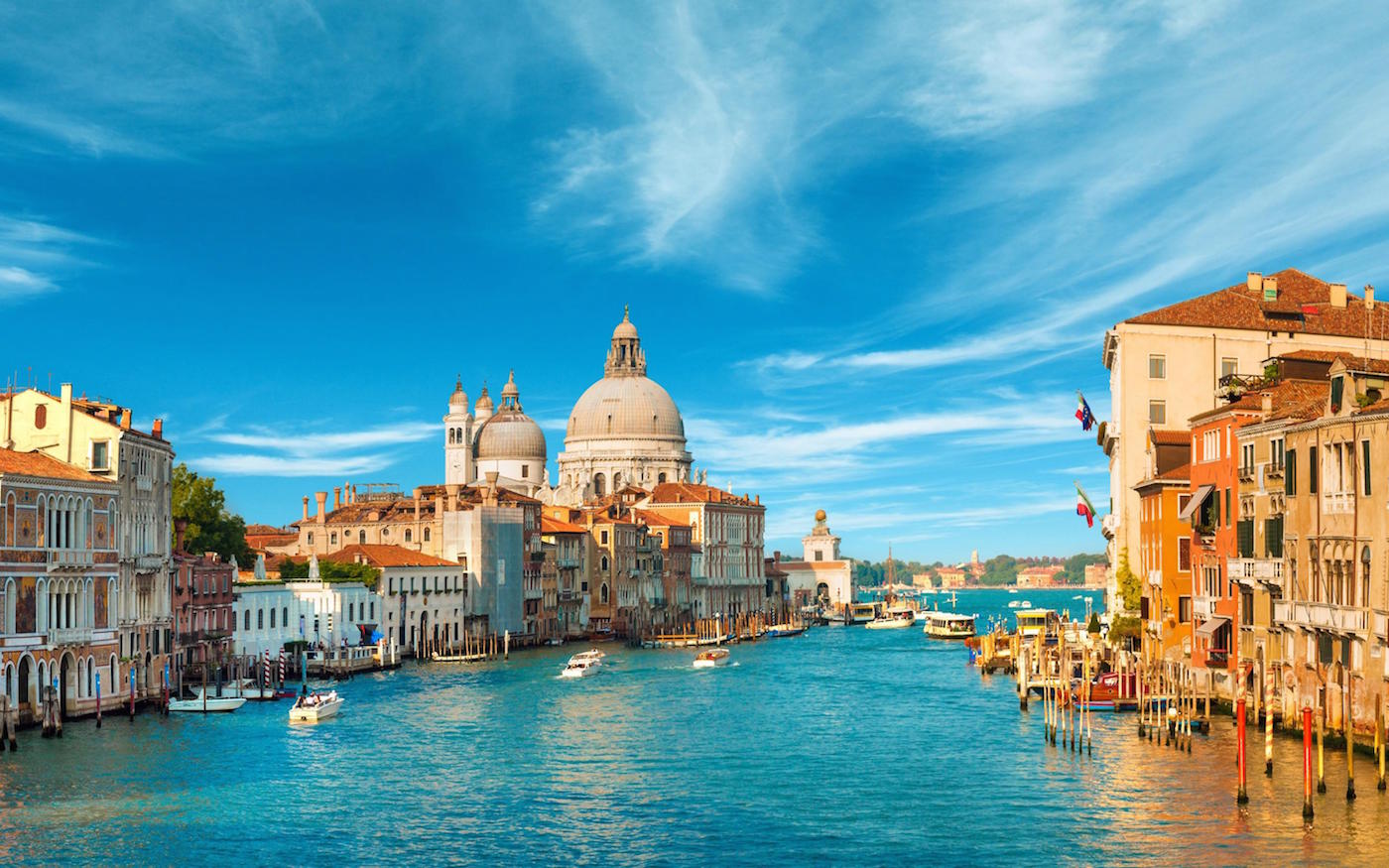“It’s an unexpected side effect of globalization: problems that once would have stayed local—say, a bank lending out too much money—now have consequences worldwide. But still, countries operate independently, as if alone on the planet. Policy advisor Simon Anholt has dreamed up an unusual scale to get governments thinking outwardly: The Good Country Index. In a riveting and funny talk, he answers the question, “Which country does the most good?” The answer may surprise you (especially if you live in the US or China).”
In the age of globalisation, everything’s connected, and that’s wonderful: but so far we’ve been more effective at globalising problems than globalising solutions. Take climate change, pandemics, poverty, economic turmoil, corruption: every twenty-first century global challenge you can name is created or complicated by globalisation.
But it doesn’t have to be like this. As the Millennium Development Goals show, when we get our act together and start to behave like a single species on a single planet, we make progress. We really could be living sustainably and peacefully in a world where technology increases our knowledge, our culture, our connections, our solutions.
So what’s stopping us making the world work better? The heart of the problem is the way we’re organised: as a collection of nation-states in constant competition. Competition has created great prosperity, but it’s time to ask whether it’s really the best or only road-map for our future.
From our partners:
Our politicians have the power to marshal the only superpower left on the planet – the seven billion of us who live here – but they’re only doing what we told them: we tell them we want to live in a rich and successful country, and that’s what they try to deliver. But growth and prosperity are usually achieved at somebody else’s expense, and by depleting the planet’s resources: and that’s leading us towards disaster.
I believe that we really want, and need, to live in good countries – and by “good” I simply mean a country that respects the common good: good as opposed to selfish, not good as opposed to bad.
Last year, I created the Good Country Index, the first attempt to measure how much each country contributes to humanity and the planet. It gives each country a balance-sheet, so you can see whether it’s a net creditor to the rest of the world, or a debtor, a free-rider on the rest of us.
The Good Country is a movement that represents the estimated 10% of the world’s population who care about the whole of humanity. That’s seven hundred million people who believe that nations can’t make it on their own; that nationalism is a dangerous and outdated idea; that collaboration is a hundred times more powerful than competition; and that foreigners aren’t enemies to fight or competitors to outdo, but members of the same human family who happen to have been born on another part of the same blue speck of dust we all inhabit.
We need a change in the culture of governance. Just as people have started to learn, in a few decades, that racism and sexism are unacceptable, so we can help them learn that narrow, selfish nationalism is equally unacceptable.
We need to give governments and corporations a new dual mandate that requires them to work for their own populations AND the whole of humanity; for their territory AND the whole planet.
This is why I say that I no longer want to live in a successful country. I want to live in a good country, and I hope that you do too.
Biographical Note: Simon Anholt is a British policy advisor who has worked with over 50 heads of state and government on their countries’ international engagements. He is the founder of the Good Country. Professor Anholt is Director of the Anholt Institute in Copenhagen.















